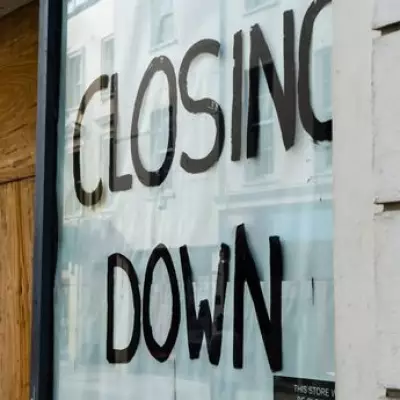
The UK's controversial tourist tax has delivered a staggering £4.1 billion blow to the hospitality sector, with new figures revealing the devastating economic consequences of the government's decision to scrap VAT-free shopping for international visitors.
According to research from the Association of International Retail (AIR), the policy has cost the economy nearly £12 billion in total spending since its introduction, with restaurants, hotels, and attractions bearing the brunt of the decline in high-spending tourists.
The Numbers Don't Lie
The findings paint a bleak picture for Britain's tourism industry. The hospitality sector alone has seen £1.5 billion in direct losses from reduced tourist spending, with an additional £2.6 billion in lost economic activity across the supply chain.
"We're seeing a clear exodus of wealthy tourists to European capitals like Paris and Milan," said AIR chief executive Paul Barnes. "These visitors aren't just skipping the shopping - they're taking their entire spending power elsewhere."
Businesses on the Brink
Across London and other tourist hotspots, businesses report significant declines in international customers. Luxury hotels note shorter stays, while fine dining restaurants struggle to fill tables that were once regularly occupied by high-net-worth visitors.
The situation has become so critical that industry leaders are issuing urgent warnings about the long-term damage to Britain's reputation as a premier tourist destination.
Government Under Pressure
Despite mounting evidence of the policy's failure, the Treasury maintains its position that reinstating tax-free shopping would be too costly. However, critics argue the government is ignoring the broader economic benefits that wealthy tourists bring.
With the summer season approaching, pressure is building on Chancellor Jeremy Hunt to reconsider what industry insiders are calling a "self-inflicted economic wound."
The question remains: how much more damage must the UK tourism industry endure before Westminster admits the tourist tax has been a costly mistake?





